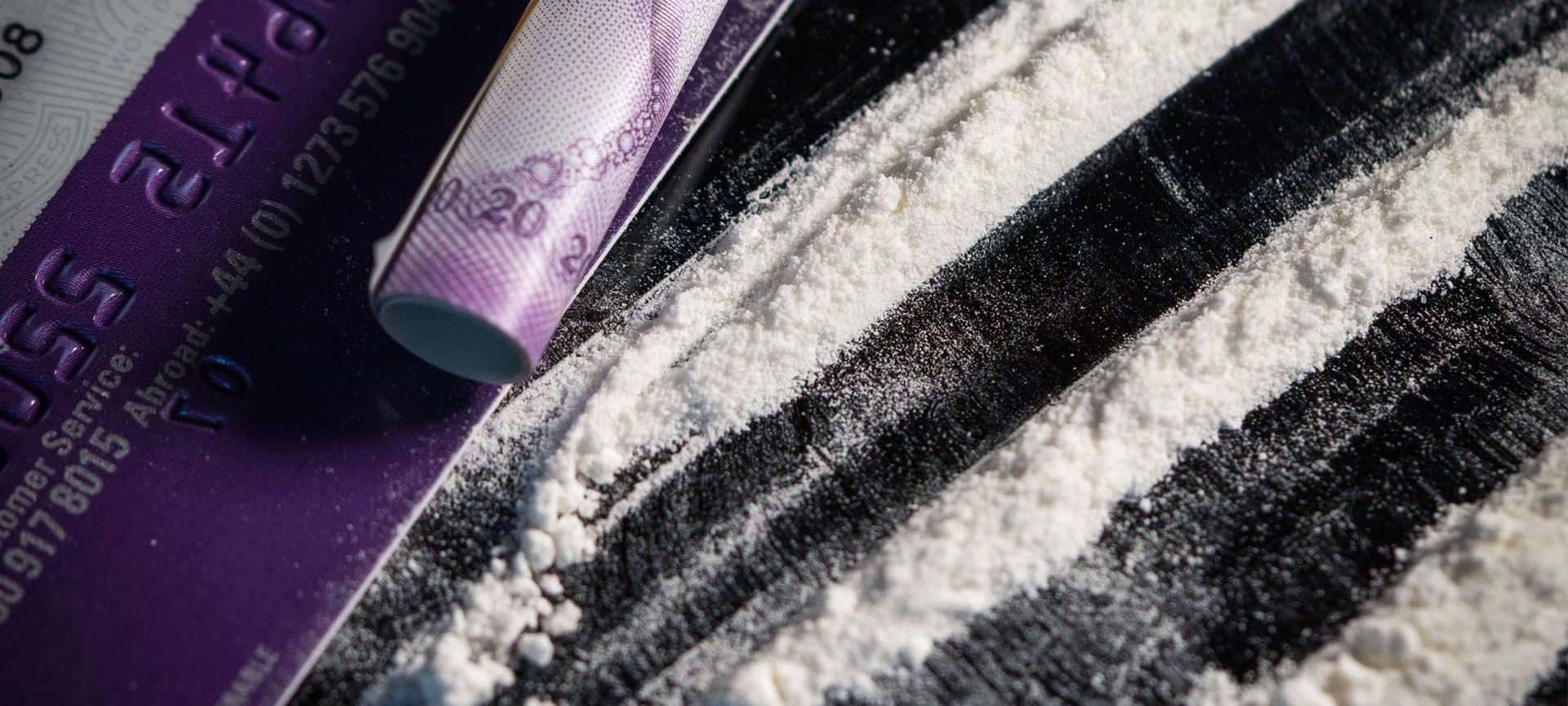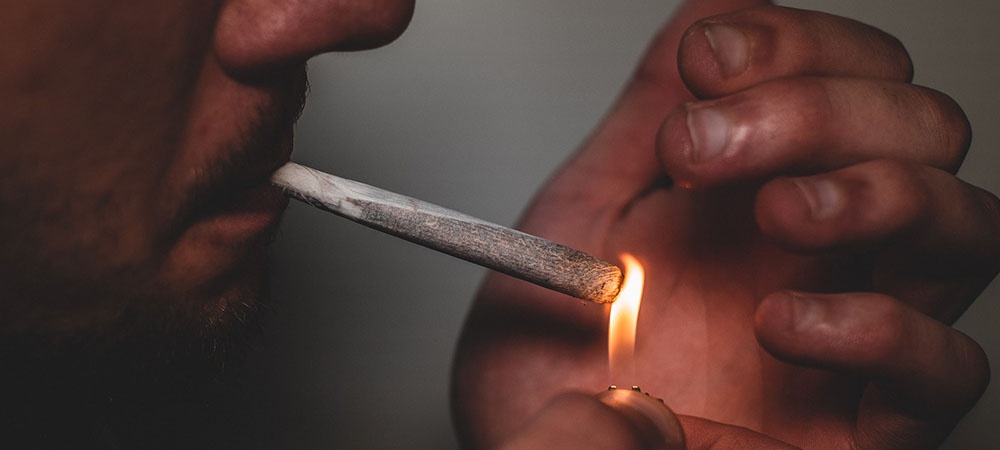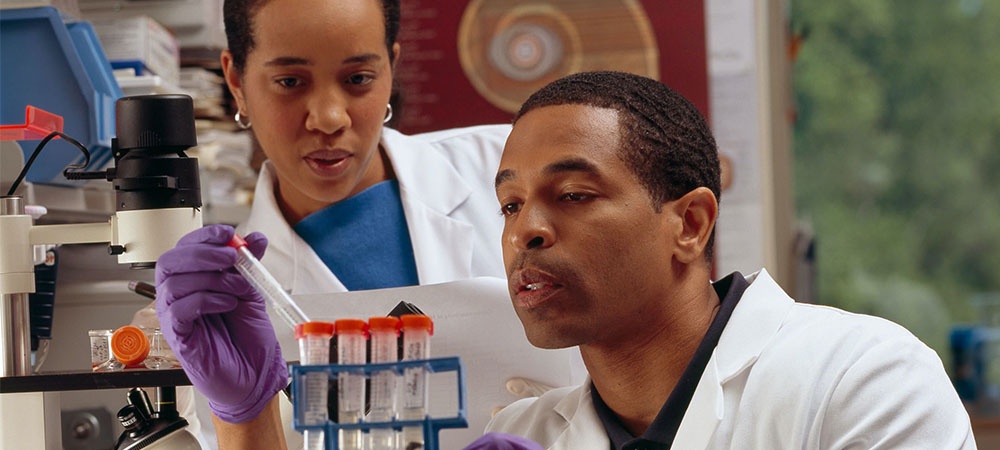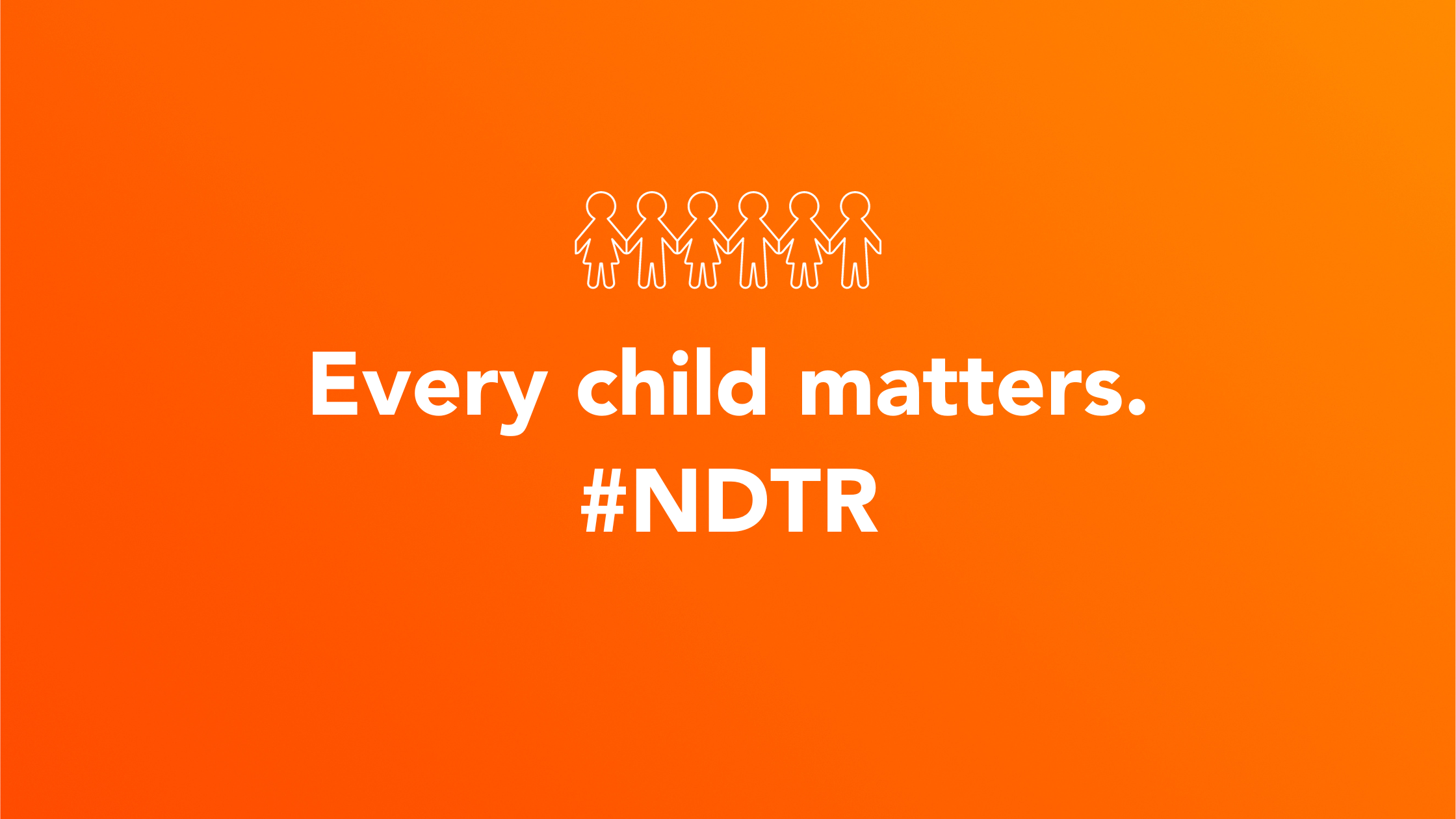
How Doctors Diagnose Cocaine Addiction
Many individuals experiment with cocaine at some point in their lives, but they may not know the risks of cocaine use or what makes the drug so dangerous.
Cocaine is a highly addictive and commonly abused stimulant drug that can be fatal in some cases. About 2 million Canadians used cocaine in 2019.
At one time cocaine had a few medical uses in specific medical situations, primarily in controlling addiction to other substances. However, it was made illegal when it became apparent that misuse outside of these controlled settings was leading to addiction and a great deal of harm.
Cocaine and Addiction
Cocaine is a drug made from the leaves of the coca plant native to South America. According to the National Institute on Drug Abuse it is prevalent throughout the world.
Also known as “coke”, “C”, “flake”, “snow”, “crack”, and “blow”, cocaine is a stimulant, meaning it increases alertness and energy. It affects the neural pathways in your brain, leading you to feel talkative, energetic, and euphoric.
Addiction to cocaine can develop after only a few uses. Dependence can be physical, meaning your body craves the drug. It can also be mental, meaning you strongly desire the drug’s effects.
Cocaine can be consumed in a variety of ways. It can be inhaled through the nose or injected into a vein, or it can be smoked after being processed into a form called crack cocaine. Addiction can occur quickly from any of these methods.
What are the Effects of Cocaine?
For a short time after it is consumed, cocaine has stimulating effects on the body. It prevents neurotransmitters such as dopamine from being taken up into the nerve cells in the brain. This allows large amounts to accumulate in the synapses between the nerve cells, creating a heightened sense of euphoria.
Cocaine can also minimise your desire for sleep and food. Some people report that cocaine helps them think and perform tasks more quickly.
Frequent use of cocaine can lead to a higher tolerance to the drug. A high tolerance means it takes more cocaine for you to feel its effects. This may lead to using greater amounts of it, leading to addiction, which can impact your mental and physical health.
Psychological effects of cocaine addiction include:
- paranoia
- panic
- hallucinations
- aggression
- irritability
- anxiety
- depression
- impaired judgement
- repetitive or abnormal behaviours
Physical effects of cocaine addiction include:
- unhealthy weight loss
- increased heart rate
- nausea
- abdominal pain
- headaches
- chest pain
- heart arrhythmia
- heart attack
- seizure
- stroke
Cocaine addiction is also associated with respiratory diseases, a weakened immune system, hepatitis, and gangrene of the bowels.
Who is at Risk for Cocaine Addiction?
Anyone who uses cocaine is in danger of becoming addicted. Factors that increase your risk of cocaine addiction include:
- family history of cocaine or other drug dependence
- addiction to alcohol or other drugs
- mental illness, such as depression
- history of trauma or abuse, either past or present
Symptoms of Cocaine Addiction
Symptoms of cocaine addiction include:
- a tolerance for the drug, requiring large amounts to get high
- an inability to stop or reduce usage
- withdrawal symptoms when usage stops
- a desire to keep using even when health complications arise
- a negative impact on quality of life, relationships, and employment
- spending excessive time and money looking for cocaine
- psychosis and hallucinations
- irritability or anxiety
- disappearing for binge sessions
How is Cocaine Addiction Diagnosed?
To diagnose a cocaine addiction, your doctor will discuss your current usage and health history. They will try to determine the degree of your dependence and suggest treatment options that are right for you and your unique circumstances.
Cocaine addiction must be diagnosed by a licensed doctor who will consider a variety of individual factors. Ultimately, the doctor will likely use several criteria out of the Diagnostic and Statistical Manual of Mental Disorders, 5th edition (DSM-5) to evaluate if you have a cocaine addiction. Typically, diagnosis depends on displaying at least two of the following criteria:
- hazardous cocaine use
- social or interpersonal problems related to cocaine use
- neglected major responsibilities to use cocaine
- experiencing withdrawal symptoms
- developing a tolerance
- using larger amounts
- repeated attempts to quit or control cocaine use
- excessive time spent using cocaine
- physical or psychological problems related to cocaine use
- activities replaced by cocaine use
- cravings
Steps in Diagnosing Cocaine Addiction
Step 1: Visit a medical doctor
A doctor will assess general health and perform tests to evaluate drug use. Blood or urine tests can be used to establish levels of illicit substances within the body and to provide an accurate view of how much drug use is occurring. Medical tests cannot diagnose an addiction, however; they simply establish drug use. Other blood tests may be performed to check for co-occurring diseases.
A medical doctor is a good point of entry for anyone who needs to be evaluated for cocaine addiction. They can then refer you to a psychiatrist or other addiction treatment specialist. Clients will likely continue to see a general practitioner throughout the recovery process so overall health and drug use can be monitored.
Step 2: Visit a mental health professional
A psychiatrist – a medical doctor specialising in mental health – can diagnose and treat a cocaine addiction. A mental health professional will typically begin an evaluation by having a conversation about what substances are being used, and at what frequency and dosages.
Most mental health professionals also use DSM-5 to diagnose addiction and other mental conditions. How doctors diagnose cocaine addiction is based on research. It can only be diagnosed by a medical doctor, through which the professional can gather needed information and establish if the person is suffering from a disorder.
Mental health practitioners work closely with the physician. Sometimes more assessment is needed, and the psychiatrist or psychologist will use a clinical assessment tool.
Step 3: Undergo a formal assessment
Various assessment instruments can be used to diagnose cocaine addiction. These instruments are typically lists of questions the interviewer will ask in order to determine if the person has a substance use disorder, or to determine what kind of disorder is present. The following is a list of common cocaine addiction assessments:
- Addiction Severity Index
- Composite International Diagnostic Interview
- Structured Clinical Interview for DSM-5
- Alcohol Use Disorders and Associated Disabilities Interview Schedule
- Psychiatric Research Interview for Substance and Mental Disorders
- Semi-Structured Assessment for Drug Dependence and Alcoholism
The assessment the doctor uses depends on their level of training, and which test will provide the most accurate picture of the client’s mental health and drug use. Regardless of what type of assessment is administered, the assessing professional will use the answers to establish whether or not the client meets the criteria for cocaine addiction.
Step 4: Create an Addiction Treatment Plan
Once cocaine addiction has been diagnosed, a treatment plan will be created. The addiction treatment team will often include not only a therapist or counsellor, but also a psychiatrist and a medical doctor. The appropriate treatment plan will depend on the client’s unique circumstances.
The therapist or doctor may recommend inpatient or residential treatment, which requires the client to spend 24 hours a day within a treatment facility for an agreed-upon length of time. A less severe substance use disorder may only require outpatient treatment, in which therapy is provided while the client continues to live outside the centre.
Treatment typically involves individual and/or group therapy, and sometimes medication. It is important that addiction treatment address not only the addiction, but also any co-occurring physical or mental health disorders.
Cocaine Addiction Treatment Approaches and Options
It can be easy to feel overwhelmed if you realise that you or a loved one struggles with cocaine. Fortunately, help is available. Addiction support begins with cocaine detox and withdrawal management and continues through rehab and aftercare.
Cocaine Detox & Withdrawal Management
Cocaine addiction treatment typically starts with an initial detox. During detox, cocaine is cleared from the body, and a healthcare professional manages the symptoms of withdrawal to keep you as comfortable and safe as possible.
As the drug leaves your system, treatment shifts to developing coping mechanisms that help maintain continuous sobriety. This shift may involve a combination of medications and therapies.
Inpatient, Residential and Outpatient Cocaine Rehab
After detox is complete, the hard work of rehab can begin. Rehab focuses on helping you explore why you began to rely on cocaine in the first place, and on developing coping strategies that can help protect you against further cocaine use.
Rehab can take place in both inpatient and outpatient settings. Inpatient rehab is usually longer-lasting and takes place in a residential rehab setting. Some people may benefit more from outpatient rehab, which enables them to live at home or at a sober living centre, coming to the rehab facility for group or individual therapy sessions.
Your addiction treatment counsellors can help guide you towards the rehab setting that is most appropriate for your needs.
Cognitive-Behavioural Therapy
During rehab, a commonly used therapy that many find helpful is cognitive behavioural therapy (CBT). This type of therapy involves learning about the underlying motivations behind our behaviours. By learning how to change our motivations, our behaviours can change. Long-term addiction treatment will involve a follow-up to ensure that sobriety is maintained.
Contingency Management
Contingency management is a motivational treatment strategy used in rehab that has been successful in helping people stay sober from cocaine. For example, one technique involves the use of vouchers for monetary value that you can receive for every cocaine-free urine sample.
Therapeutic Communities
Therapeutic communities are long-term residential treatment facilities used during the rehab process. They support a comprehensive approach to recovery, addressing a person’s mental, physical and health needs as they recover from addiction. While some therapeutic communities support inpatient rehab, others support outpatient rehab or a mixed approach.
Cocaine Anonymous
Cocaine Anonymous is a free support group to help cocaine addicts in recovery. It is run by those with a history of cocaine abuse to support others who wish to become sober. It adopts the 12-step approach of programs like Alcoholics Anonymous to help those struggling with cocaine quit their drug use for good.
Teletherapy and Online Counselling
Online counselling is available where a therapist guides you through the recovery process via video chat. While this may not work for everyone, teletherapy offers flexible scheduling to give you access to licensed professionals at a time and place convenient for you.
Getting Help
If someone you know lives with a cocaine addiction or is using cocaine recreationally and wants to stop, it’s time to seek professional help. At Thousand Islands Rehab Centre, we provide care to those struggling with addiction to cocaine. Reach out to one of our knowledgeable representatives today to learn how you can start on your path to recovery.




